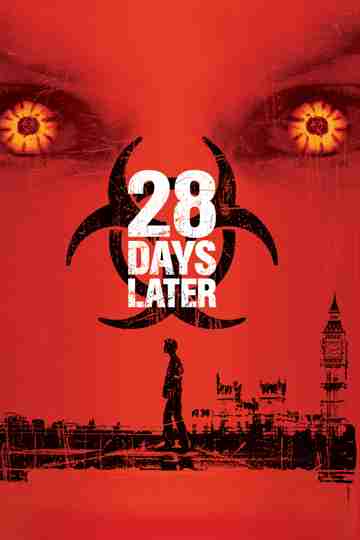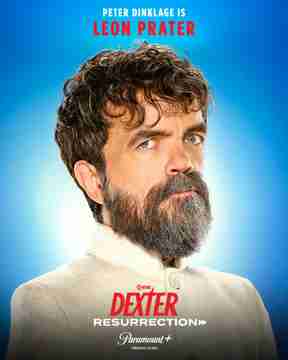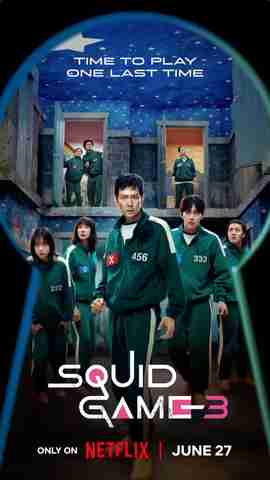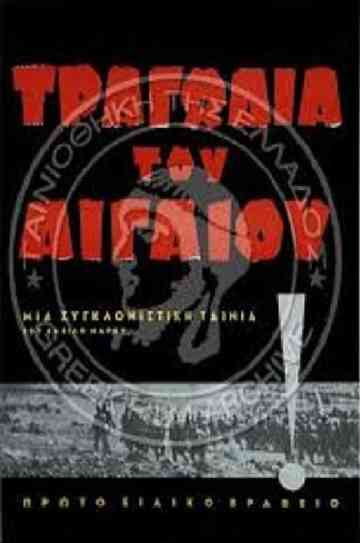Eleftherios Venizelos Biography
Eleftherios Kyriakou Venizelos (Greek: Ελευθέριος Κυριάκου Βενιζέλος, romanized: Eleuthérios Kyriákou Venizélos, 23 August 1864 – 18 March 1936) was a Cretan Greek statesman and prominent leader of the Greek national liberation movement. As leader of the Liberal Party, he held office as prime minister of Greece for over 12 years, spanning eight terms between 1910 and 1933.
During his governance, Venizelos modernized Greece by promoting liberal-democratic policies. Moreover, Greece was expanded through military and diplomatic cooperation with the Great Powers, and he profoundly shifted Greece from the eastern to the western domain of influence. Therefore, he has been labeled "The Maker of Modern Greece" and is still widely known as the "Ethnarch".
His first entry into the international scene was with his significant role in the autonomy of the Cretan State and later in the union of Crete with Greece. In 1909, he was invited to Athens to resolve the political deadlock and became Prime Minister. He initiated constitutional and economic reforms that set the basis for the modernization of Greek society and reorganized both the Greek Army and the Greek Navy in preparation for future conflicts.
Before the Balkan Wars of 1912–1913, Venizelos' catalytic role helped gain Greece's entrance to the Balkan League, an alliance of the Balkan states against the Ottoman Empire. Through his diplomatic acumen with the Great Powers and with the other Balkan countries, Greece doubled its area and population with the liberation of Macedonia, Epirus, and most of the Aegean islands.
In World War I (1914–1918), he brought Greece on the side of the Allies, further expanding the Greek borders. However, his pro-Allied foreign policy brought him into conflict with the nonaligned faction of Constantine I of Greece, causing the National Schism of the 1910s. The Schism became an unofficial civil war, with the struggle for power between the two groups polarizing the population between the royalists and Venizelists for decades.
Following the Allied victory, Venizelos secured new territorial concessions in Western Anatolia and Thrace in an attempt to accomplish the Megali Idea, which would have united all Greek-speaking people along the Aegean Sea under the banner of Greece. He was, however, defeated in the 1920 General Election, which contributed to the eventual Greek defeat in the Greco-Turkish War (1919–22).
Venizelos, in self-imposed exile, represented Greece in the negotiations that led to the signing of the Treaty of Lausanne and the agreement of a mutual population exchange between Greece and Turkey. In January 1933, he became prime minister for the last time, and in March 1935, after a coup attempt, he fled to Paris, where he died. He was buried on a hill at the head of the Akrotiri peninsula beside the eastern outskirts of Chania city in Crete, close to the place where he was born.
The Venizelos family graves are today one of the attractions of Chania.















































